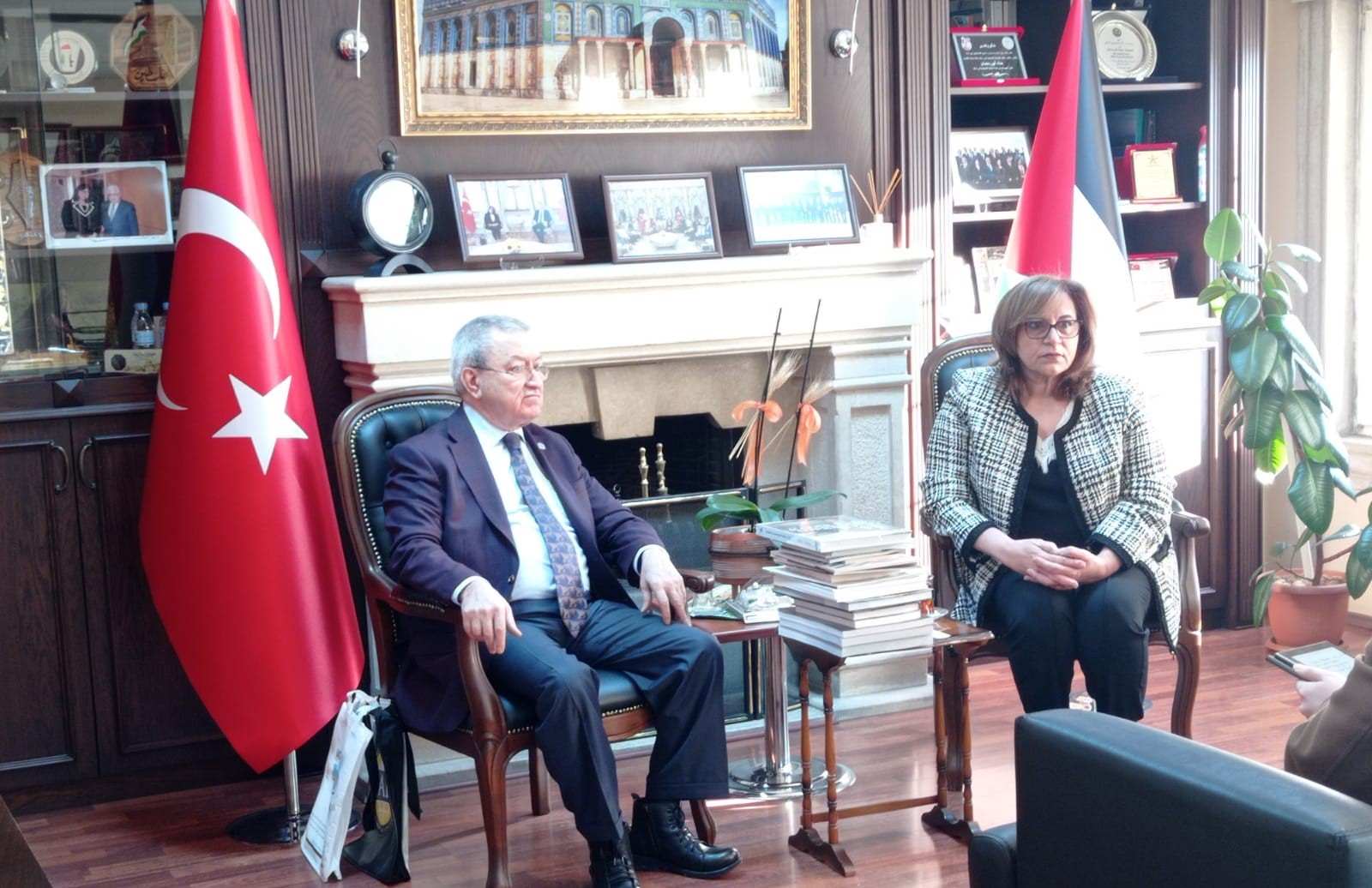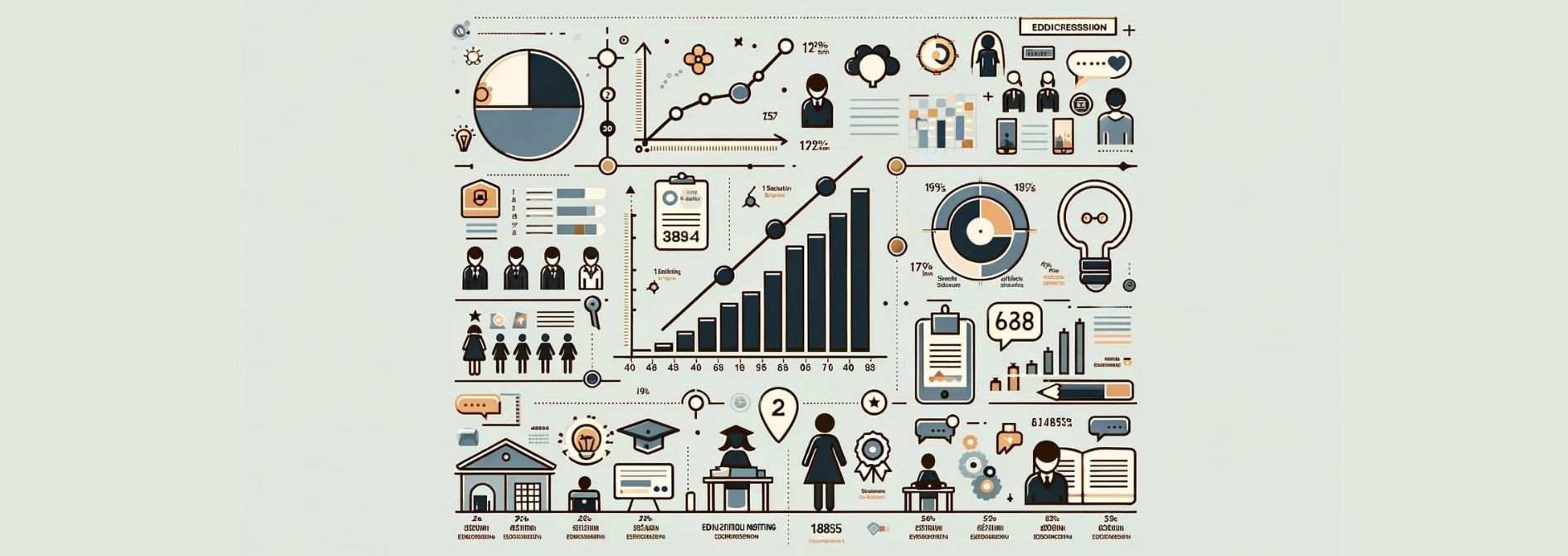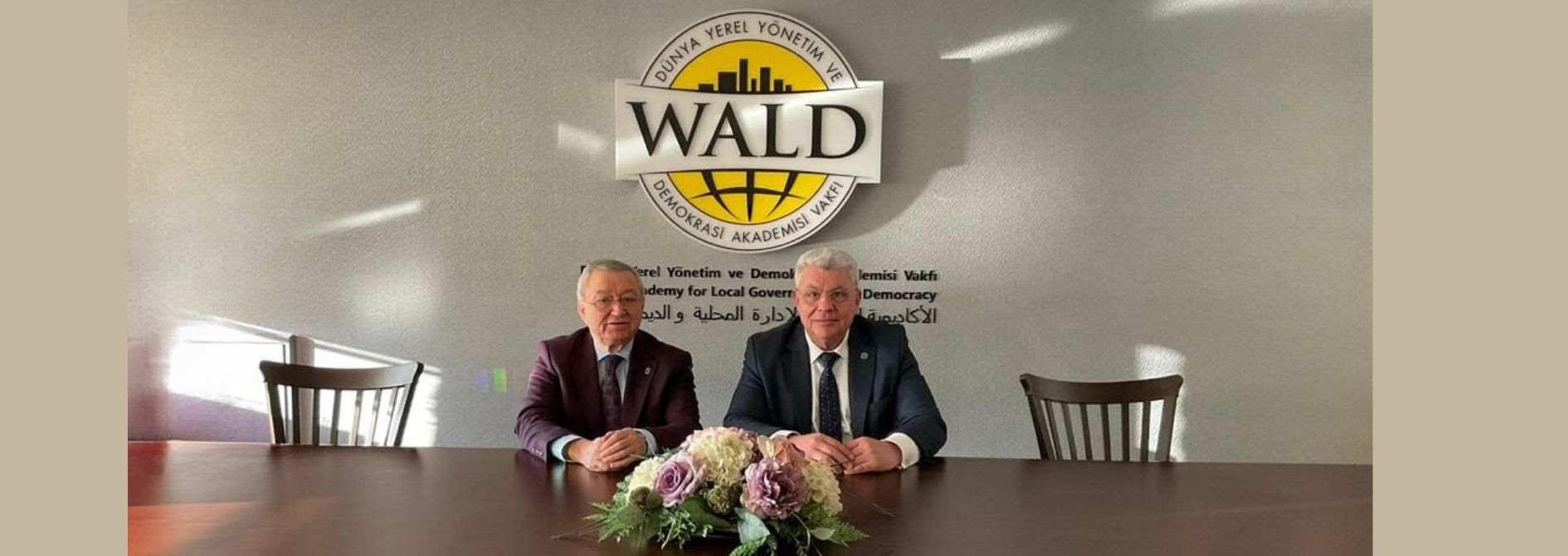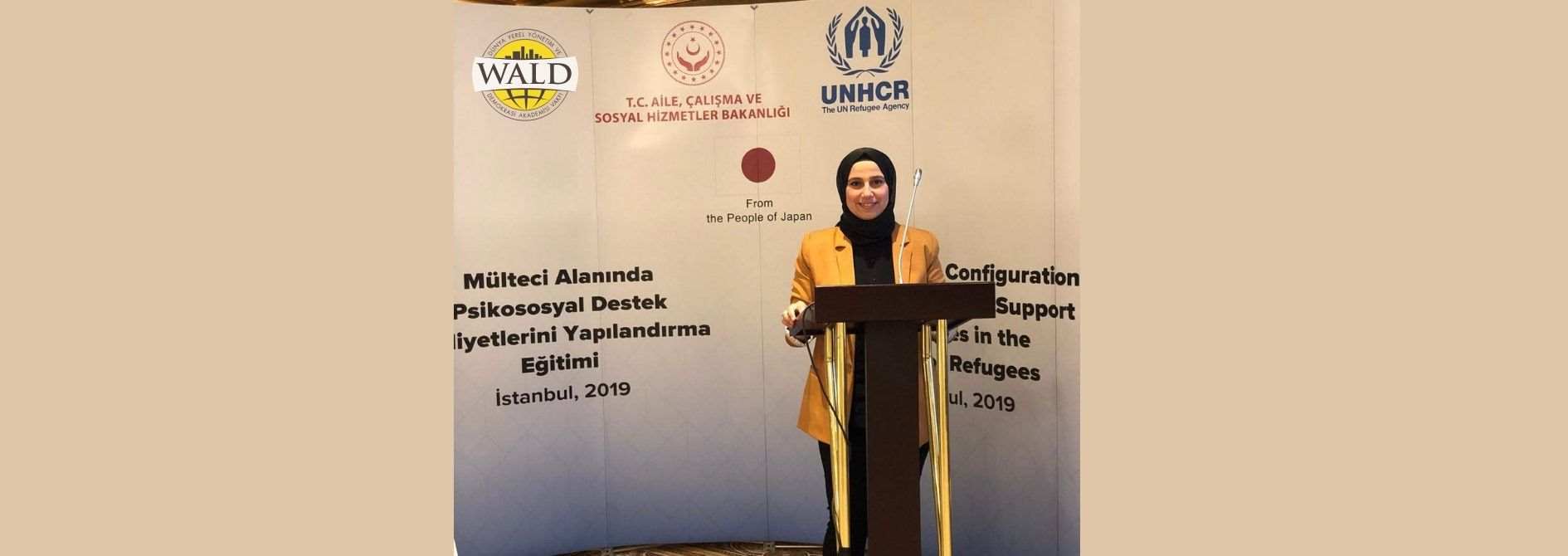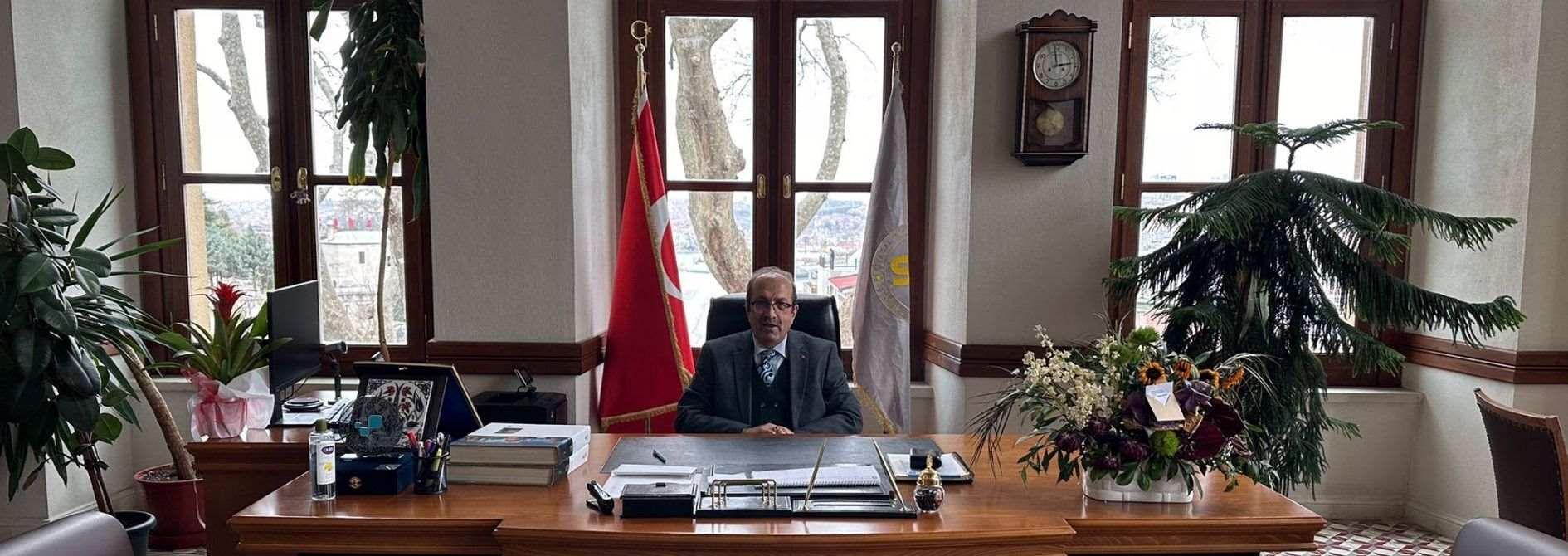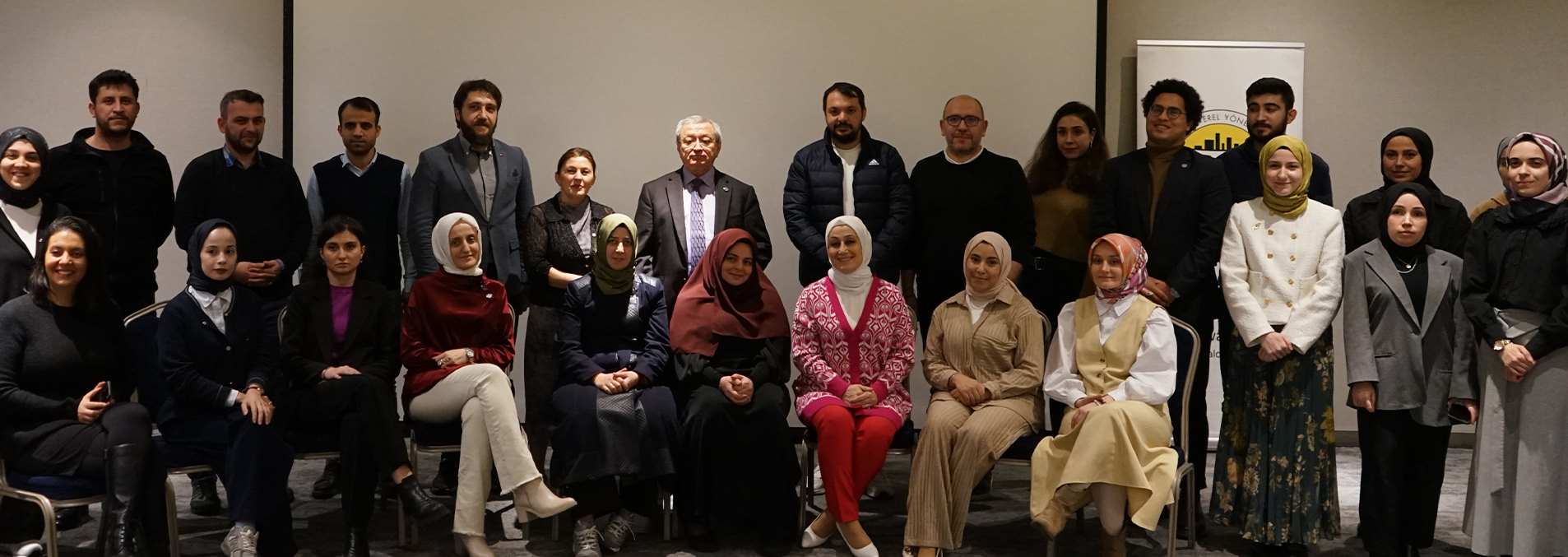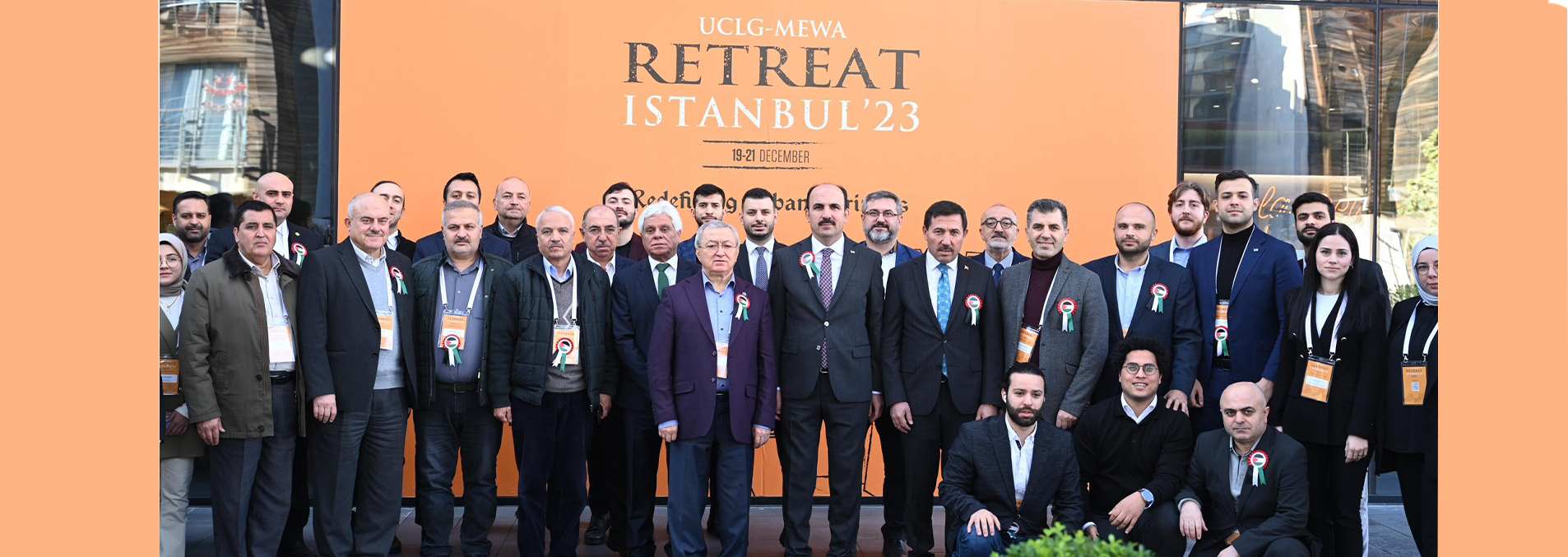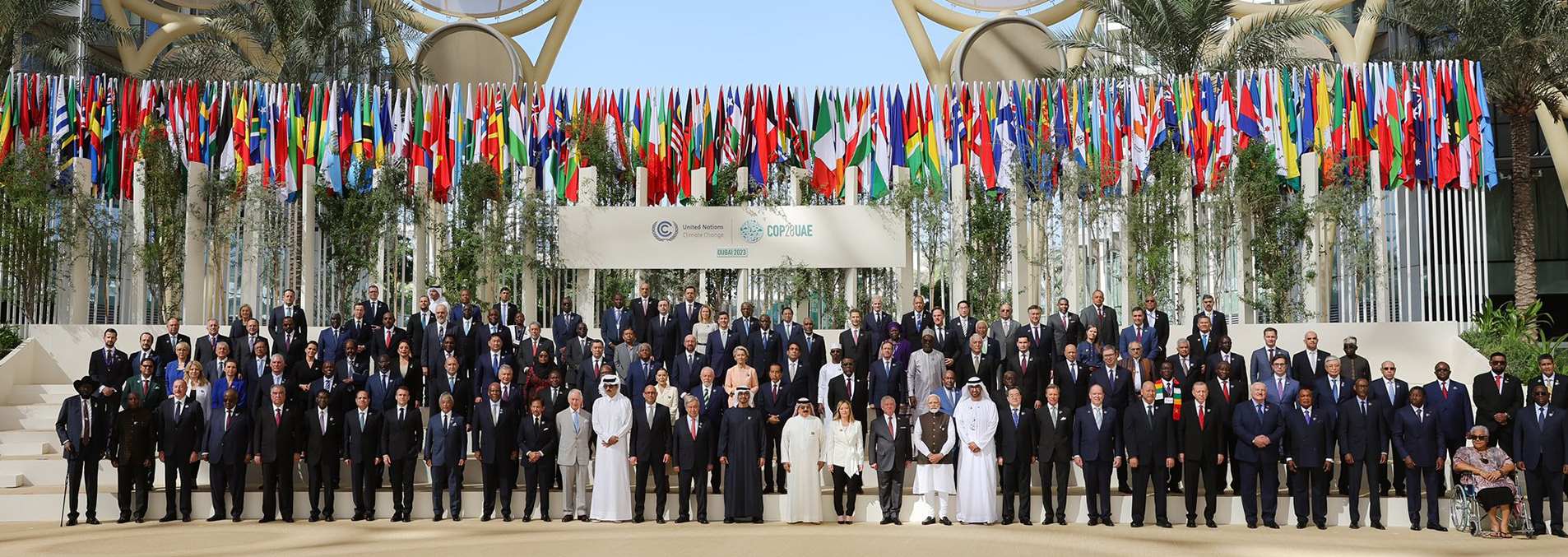PRIVACY OF CHILDREN
Gökçe Akbulut
Psychologist
The first measure that can be taken in the field of protecting children is to give them privacy training. Through this training, it is expected that the child will have the power to protect him/herself from a bad touch, an injurious behavior and a hurtful glance. It is crucial to give privacy training to the child, especially in order to prevent sexual abuse incidents. For this reason, a sense of privacy should be instilled in the child and his/her limits should be taught. In fact, it is important to look at the concept of privacy from a wider perspective and to convey the importance of respect to privacy in every area of life to the child.
What is Privacy Training?
Privacy training is personality education. Today, when privacy training is mentioned, the first thing that comes to mind is how the child can protect her/herself if the privacy of the child's body and private parts is violated by someone else. However, Privacy Training includes the emotional development and sexual education of the child, and besides sexual information, factors accompanying personality development such as being more aware of him/herself and other people's private life. It also protects his/her private space in social life, respecting the privacy of other people, creating healthy boundaries between him/herself and his/her environment that prepares the child for adulthood. Thus, by defining a special area for the child, it is gained the ability to increase the sense of worthiness and to gain a power to manage his/her own autonomy, and to control his/her emotions instead of being controlled the emotions of the children
When and how should the Privacy Training be delivered?
The family is the first and most important institution where the sense of privacy will be gained and education will be given because public health is delivered in the family in the first place. The privacy education received from early childhood, when the character development of children is formed and the perception of privacy is shaped, the foundations of a healthy sexual identity development in children are laid.
Privacy training in the family should be given to the child as a behavior until the age of 3-4. With the beginning of toilet training, the child's perception of privacy is shaped according to the family and society in which the child lives.This perception develops as the child begins to socialize. In this sense, privacy is a learned concept. It is learned primarily from parents between the ages of 0-6 through social and cultural means.
Establishing mutual privacy boundaries at home is important for the child's spiritual development. This boundary first manifests itself in the relationship between the baby and the caregiver. Generally, starting from the sixth month, the transition to solid food is an important experience because the baby does not always accept all the food you give. The “No’s have already begun. The baby's body, which says, "I decide what I take in and what I don't," is a boundary that defines the space of me and the other. At this point, it is very valuable to accept the "No" from the baby and to withdraw by saying "You didn't like it, okay, we'll try again next time". In this way, the baby receives the message, who decides about his/her own body. The child, who receives privacy training form his/her parents, becomes conscious of his/her private body parts and knows that they should not be touched by others.
After the age of 3-4, children should be gradually given the awareness of protecting their body and controlling their emotions. While giving privacy education, when answering questions about sexuality in the child, it should be given in accordance with the child's developmental period and should not be treated as if it is an issue that should be avoided, not talked about or touched. The most essential part of privacy education is proper and healthy communication. When parents warn their children about anything, they should not use a harsh tone, and they should be made to feel that the warnings and prohibitions are for their own good. The exemplary attitudes of parents in privacy education can be listed as follows:
§ The privacy training should be given to children naturally in daily life without causing anxiety or fear.
§ Children should be provided with self-care skills such as dressing and body cleaning at a young age and it should be made easier for them to protect their privacy.
§ Children should be introduced to the private parts of their own body.
§ The family should set an example for the children by taking care of their privacy.
§ While raising the awareness of privacy, it should be possible to be the right role model for the child.
§ Making them feel that you respect their privacy will contribute to the development of a sense of privacy in children.
